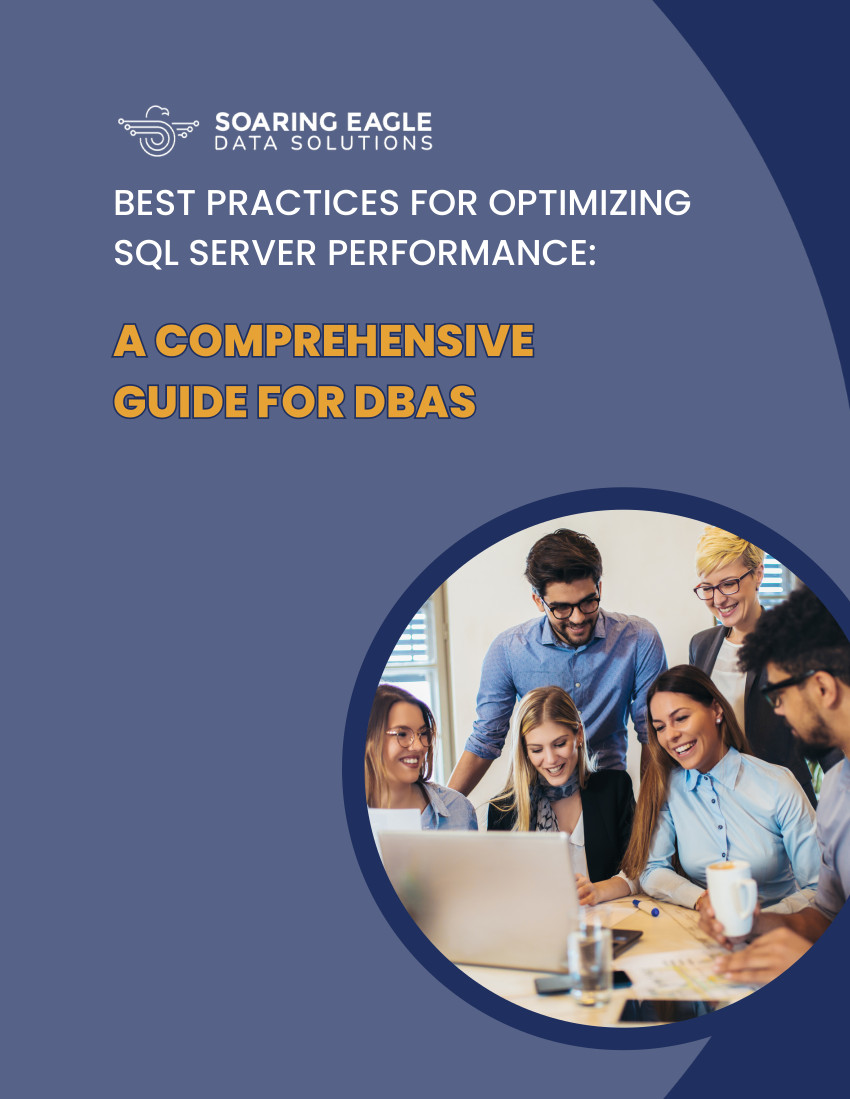
Database Encryption is foundational for IT Security. For many businesses, databases are a vault of sensitive information containing data ranging from customers’ details and confidential competitive details to intellectual property. Lost or stolen data, especially customer data, can result in brand damage, competitive disadvantage, and severe fines. In high-profile cases, compromised data presents organizations with long-term customer acquisition and retention difficulties.
As database security is a top priority, it is vital to mitigate the risk of security breaches and to comply with numerous existing and emerging regulations. While database encreyption is not a default, encryption is often seen as the solution in today’s modern, open, and sophisticated IT environment.
Why Is Encryption A Choice?
While corporate networks become more open to accommodate providers, customers, and partners, industry experts recommend encrypting the data as the best option, often cited as the “last line of defense”.
In terms of database security, encryption secures the actual data within the database and protects backups. Therefore, data remains protected even in the event of a data breach.
Modern approaches to database encryption make it easier for organizations to deploy database encryption because Transparent Data Encryption (TDE) does not require any changes to database applications.
Data Encryption Pros and Cons
Such as everything else, data encryption has its pros and cons, and companies should look at all of the evidence in order to make an informed decision regarding encryption.
Data Encryption Pros
No Data Breaches:
Data encryption avoids the inherent complications that follow data breaches, providing ensured protection to intellectual property and other types of data.
More Security:
As the encryption is on the data itself, the information is protected regardless of how it is transmitted.
Confidentiality:
Organizations are required to meet specific confidentiality obligations and other associated regulations. Encrypting data means that it can only be read by the recipient who has the key to opening the data.
Database Encryption Cons
Encryption Keys:
Without a doubt, data encryption is an impressive responsibility for an IT expert. The more data encryption keys there are, the more difficult IT management tasks for maintaining all of the keys can be. If the key to encryption is lost, so is the data associated with it.
Investment:
Data encryption has proved to be considerably high-priced because the systems that keep data encryption must have capacity and upgrades to perform such tasks. Without capable systems, the reduction of systems operations can be significantly compromised.
Compatibility:
Data encryption technology can be complicated when layering it with existing programs and applications. It can negatively impact routine operations within the system.
Company databases manage the most sensitive business data. Undoubtedly, database encryption should be a priority for organizations that intend to protect this data. Nevertheless, encryption must also be followed by best practices on key management to implement the highest levels of security. If companies follow these best practices, they will find that it is possible to protect the company’s most sensitive information, comply with government and industry regulations, prevent data breaches and protect their corporate brand and reputation.
Contact Soaring Eagle Consulting for a Free Database Evaluation Today
Getting started is simple. Click the button below to request your free one-hour database assessment from the DBA experts at Soaring Eagle Consulting®.


